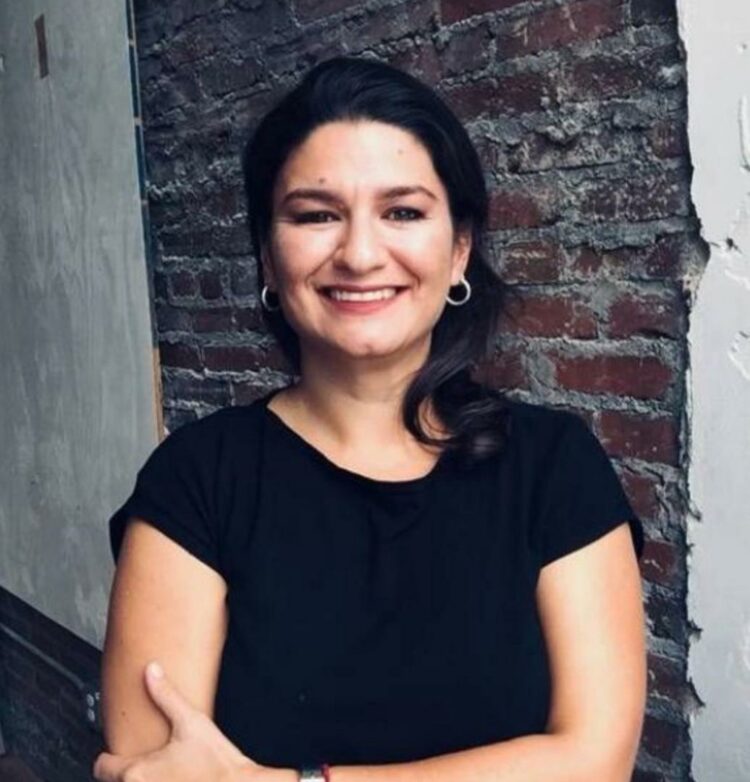A global social enterprise promoting menstrual health and hygiene, Be Girl Inc., is working to reduce ‘menstrual poverty’ experienced by an estimated 37 million women and girls in Nigeria. To achieve the objective of menstrual equity, Be Girl partnered with Youth Empowerment Development Initiative (YEDI) to launch a Menstrual Health Project in Makoko, a low-income community in Lagos state characterized by high levels of poverty and social exclusion. The project was implemented by reproductive health experts from November 2024 to February 2025 with the aim of increasing knowledge about menstrual health and hygiene, creating awareness about menstrual cycle and its link with fertility, building confidence in managing menstruation and changing wrong perceptions around menstrual stigma and gender norms. It targeted adolescent boys and girls and involved pre- and post-workshop surveys, educationsessions and focus group discussion.
To mark the 2025 Menstrual Hygiene Day observed globally every May 28, Be Girl is sharing key findings of the survey to enrich the conversation around this year’s theme: “Together for a #PeriodFriendlyWorld”, which underscores the importance of collaboration to address the problem of menstrual poverty, beliefs and practices that promote exclusion, stigma and harmful traditions that undermine the dignity of women.
A statement issued by Be Girl revealed that while many girls initially struggled to explain how ovulation relates to fertility, they became able to do so more confidently by the end of the workshop. Similarly, the boys also became more comfortable discussing reproductive topics, with most of them expressing that they would be able to talk with a future partner about family planning.
It noted that the intervention resulted in significant improvements in menstrual health knowledge, and attitudes among adolescent girls and boys. For instance, before the workshop, many girls expressed discomfort discussing menstruation, particularly around boys, while some associated their period with embarrassment or fear. But after the intervention, more girls reported feeling confident, or at least more neutral, talking about their period, whereas for boys, the workshop helped normalize menstruation as a biological process.
“Some who had previously viewed it with discomfort or confusion now expressed a willingness to support menstruating peers or family members. Both groups showed a reduction in stigma-related responses over time.
“Before the intervention, most participants struggled to identify key facts about menstruation, including the phases of the cycle and the meaning of ovulation. After the workshop, there was a marked improvement in participants’ ability to recall this information.
“Girls were more likely to describe how the menstrual cycle works and felt better equipped to track their period using the SmartCycle® tool. Boys, who began with lower baseline knowledge, also showed strong gains in their understanding of menstrual biology and terminology”, the statement said.
It stated, however, that only a small number engaged with the more technical reproductive questions in the focus group discussions, suggesting that deeper knowledge was still developing.
According to Be Girl, “most girls had their first period between 10 to 12 years (31%) or 13 to 15 years old (51%) and used disposable pads the most during their period (78%). Before participating in the workshop, girls reported mixed levels of confidence and significant discomfort discussing menstruation.
“Although nearly all girls said they viewed menstruation as something good (98%), just 30% felt comfortable talking about it, and most felt that girls should feel scared (31%) or ashamed (38%) around boys when menstruating.
“A large share of girls faced substantial barriers to comfort and participation during menstruation. More than a third (37%) said they usually do not leave their home when on their period, and over one in four (27%) found it hard to attend school. Also, 78% found it hard to play sports or play with friends and 58% had difficulty concentrating in the lessons.
“Getting scared of leaks or stains in their clothes was the most prevalent concern of girls about going to school when menstruating (67%) and correspondingly, the greatest concern about the products they used was that they sometimes leaked or stained their clothes (33.3%). Despite most girls 7 reporting access to water at school (93%), just 63% had a private space where they felt comfortable to change their sanitary materials and take care of their period in school.”











